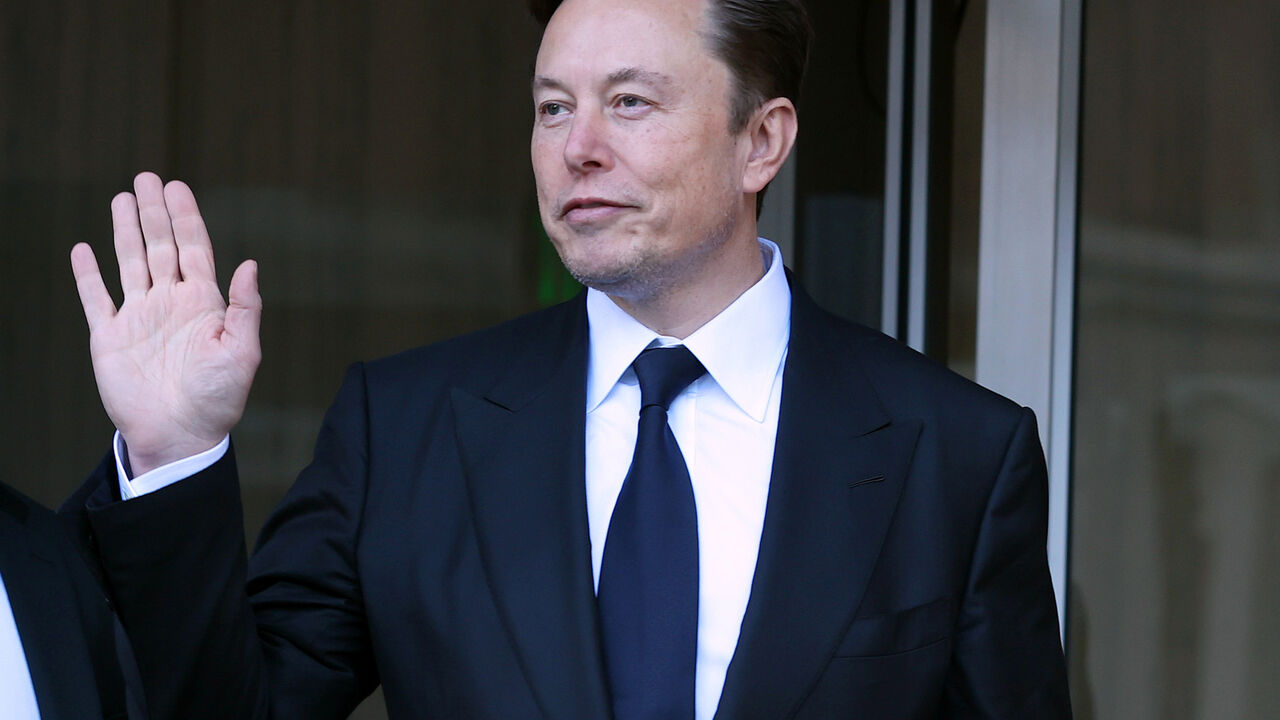
Elon Musk has announced that SpaceX’s Starlink service for mobile phones will offer free emergency service access, emphasizing its critical role in saving lives. The initiative comes as SpaceX seeks regulatory clearance from the Federal Communications Commission (FCC) to commercially operate its “direct to cell” Starlink technology, which promises to provide connectivity in remote areas.
According to Musk’s tweet, the service aims to ensure that individuals are never unable to call for help due to financial constraints.
SpaceX’s proposal includes using orbiting satellites to beam both cellular and internet connectivity directly to users on the ground, potentially enabling emergency alerts and communication even in cellular dead zones. SpaceX has argued that this technology will benefit all consumers, as it allows the U.S. to send emergency alerts to any wireless user, regardless of their subscription status.
Musk’s Vision for Global Emergency Access
Musk elaborated on the potential impact in another tweet, saying, “This could help a lot of people if they are stranded in the wilderness.” He further clarified that SpaceX Starlink would provide emergency services access for mobile phones for free worldwide, subject to government approvals in each country.
This effort aligns with SpaceX’s broader goal to launch its cellular Starlink system with T-Mobile later this fall. The company has been actively seeking FCC approval amid opposition from established carriers like AT&T and Verizon.
FCC Approval Faces Pushback from Competitors
Last Friday, SpaceX filed a statement with the FCC highlighting the consumer benefits of its technology, emphasizing the importance of emergency services access. However, AT&T and Verizon have expressed concerns over potential radio interference from the Starlink satellites. AT&T, in particular, presented technical analysis indicating that SpaceX’s proposal could cause an 18% average reduction in network downlink throughput in operational AT&T markets. AT&T’s statement was part of a broader effort to persuade the FCC to deny SpaceX’s request for operational waivers.
In response to these concerns, SpaceX sent a letter to the FCC rebutting the arguments from AT&T and Verizon. SpaceX claimed that these objections were attempts by the rival carriers to restrict consumer access to innovative technologies provided by Starlink. Despite the opposition, some support for SpaceX’s initiative has come from within the regulatory body. GOP FCC Commissioner Brendan Carr commented on X (formerly Twitter) that the “direct to cell” technology would significantly benefit public safety communications and first responders, emphasizing the potential positive impact of SpaceX’s proposal.
SpaceX has also requested the FCC issue a waiver allowing the company to operate its cellular Starlink satellites beyond the usual radio frequency parameters. According to SpaceX, this waiver is crucial for ensuring robust coverage and high-speed connections. Meanwhile, SpaceX’s cellular Starlink service is expected to compete directly with similar initiatives from AT&T and Verizon, which plan to introduce their satellite-based mobile internet systems through their collaboration with startup AST SpaceMobile.
Featured Image courtesy of Justin Sullivan/Getty Images
Follow us for more tech news updates.
